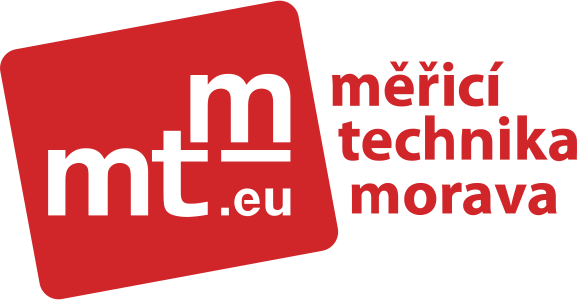Invited Speakers
|
Dr. Marc Legros
Micro-mechanical testing on irradiated steels
|
|
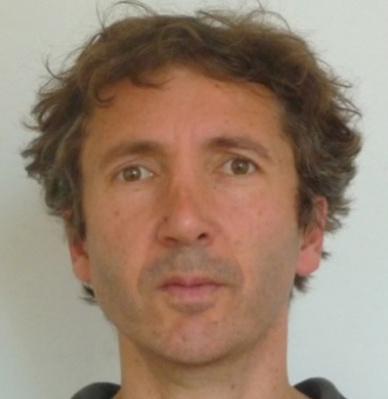 |
Marc Legros is a CNRS senior scientist at Centre d'Elaboration des Matériaux et d'Etudes Structurales (CEMES) in Toulouse, France, since 2002. After receiving his PhD from Paul Sabatier University in Toulouse in 1994, he spent two years at the Dept of Mechanical Engineering of John Hopkins University (Baltimore, USA) before being appointed by CNRS at Ecole des Mines, Nancy, France in 1997. He has published over 130 scientific papers and has received the Bessel prize of the Humbolt foundation (Germany) in 2013, the Constellium prize of the French Académie des Sciences (2017) as well as the Silver Medal of CNRS in 2018. Among other topics, Dr Marc Legros is interested in the elementary process of plastic deformation of metals and alloys that he is studying using mainly in situ transmission electron microscopy.
|
|
Prof. Benoit Merle
High strain rate nanoindentation testing
|
|
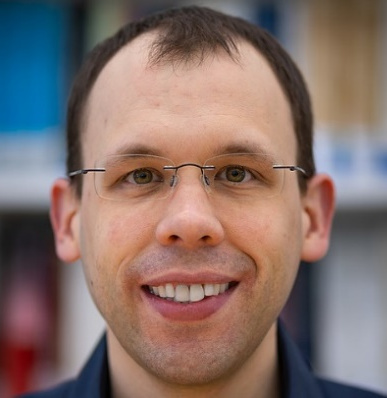 |
Benoit Merle is an expert in nanomechanical testing. Since 2022, he is Associate Professor with the University of Kassel, Germany and head of the lab group „Mechanical Behavior of Materials“. Prior to this, he spent nine years as group leader for nanomechanics with the University of Erlangen-Nürnberg (FAU). He received his education from the Ecole Centrale de Lyon in France (Ms.Sc. in 2005) and University of Erlangen-Nürnberg, Germany (PhD in 2013). Additionally, he spent some time as an engineer with Siemens AG, and as a visiting scholar with Prof. George Pharr at Texas A&M University and Prof. Daniel Gianola at University of California, Santa Barbara.
|
Keynote Speakers
|
Prof. Andreas Mortensen
Local mechanical properties of oxide inclusions in iron
|
|
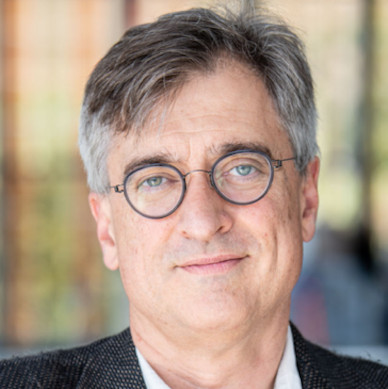 |
Andreas Mortensen earned his engineering diploma in 1980 from the Ecole des Mines de Paris and his Ph.D. from the Massachusetts Institute of Technology (MIT) in 1986. He is currently Professor and director of the Laboratory for Mechanical Metallurgy of the Ecole Polytechnique Fédérale de Lausanne (EPFL). At EPFL he has also served successively as dean of doctoral studies, director of the institute of materials, dean for research, vice-provost and then vice-president for research. Prior to joining EPFL in 1997 he was, from 1986 to 1996, a member of the faculty in the Department of Materials Science and Engineering at MIT, holding the successive titles of ALCOA Assistant Professor, Associate Professor, and Professor. He was also a postdoctoral researcher at Nippon Steel in 1986, and an invited professor at the Ecole des Mines in Paris in 1995-1996. He is co-author of two monographs, around 200 refereed scientific publications and 15 patents. He has served academia, industry and government, on committees or as a consultant, and has edited several journals and books. His most recent awards are an ERC advanced grant in 2012, the 2016 Grande Médaille of the Société Française de Métallurgie and an SNSF advanced grant in 2022.
|
|
Prof. Guillaume Kermouche
On the use of nanomechanical testing to characterize transformations of materials induced by surface manufacturing processes
|
|
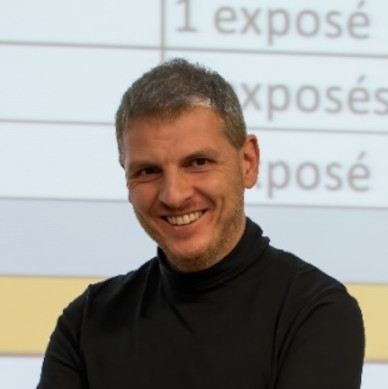 |
Guillaume Kermouche is professor at “Mines Saint-Etienne” in France. He is the head of the “Physics and Mechanics of Materials” group and deputy director of the Georges Friedel Laboratory (LGF). After a MSc degree in Mechanical Engineering in 2002, G. Kermouche received his PhD in Mechanical Science (Tribology, Mechanics of Materials) in 2005 from “Ecole Centrale de Lyon”. He received the award of the best PhD thesis in tribology in France (HIRN award). G. Kermouche was first appointed as an assistant professor in ENI St-Etienne from 2006 to 2012 before joining “Mines Saint-Etienne” as a full professor in 2012. In 2015, he was a "visiting professor" for 4 months at McGill University (Montreal, Canada) in the group of Professor Chromik in the "Mining and Materials Engineering" department. Guillaume Kermouche’s main contributions deal with the measurement and the modelling of mechanical properties of materials at the micronscale, and microstructure evolution induced by surface thermomechanical loadings, i.e. dynamic recrystallization, grain fragmentation … In the very past few years he developed novel approaches to investigate small-scale mechanical properties under extreme conditions (high strain rate, high temperature, electron irradiation).
|
|
Dr. Megan Cordill
A shallow jump into how nanoindentation can be used effectively
|
|
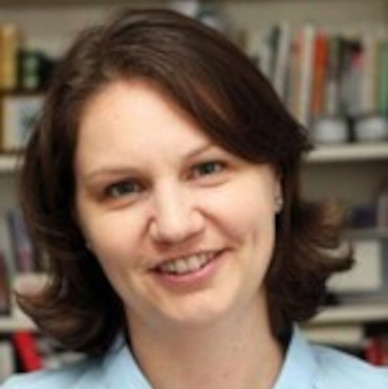 |
Dr. Megan J. Cordill is the deputy director and senior scientist at the Erich Schmid Institute of Materials Science of the Austrian Academy of Sciences and was the 2008 recipient of the Lise Meitner Fellowship for post-doctoral research in Austria. Dr. Cordill studied materials science and engineering at the University of Minnesota and earned her PhD in 2007. She is one of the winners of the Houska Prize 2020 (2nd place in the category university research with the project Unbreakable, flexible electronics). Dr. Cordill’s research interests include thin film adhesion, nanoindentation, structure-properties relationships of thin films, as well as probing electrical, thermal, and mechanical properties using advanced in-situ techniques.
|
|
Prof. Kiran Mangalampalli
On the phase-engineered novel phase of Silicon
|
|
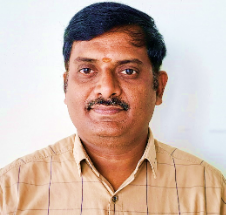 |
Dr. Kiran is a physicist with an academic journey that encompasses degrees in Physics from India's premier government institutions, culminating in his Ph.D. in 2009. Currently serving as an Associate Professor of Physics, he leads the Functional Coatings and Materials Lab and Nanomechanics Lab at SRM Institute of Science and Technology, India. Recognized with prestigious accolades, including a Dr. DSK Post-Doctoral Fellowship from the University Grants Commission, he conducted nanomechanics research at the Indian Institute of Science. His expertise further expanded during a Senior Postdoc role at the Australian National University, working on indentation-induced phase engineering of semiconductors. He published 75 high-impact-factor articles in indentation-assisted mechanical characterization of diverse materials.
His diverse research interests include the design of novel superhard and ultratough coatings for automotive applications, the development of wide-bandgap thin film materials, pressure-induced phase transformations in electronic materials, nanomechanical characterization of organic crystals, mechanical behavior of small volume materials, and advanced characterization of materials. |
|
Dr. Szilvia Kalacska
Irreversible evolution of dislocation pile-ups during cyclic microcantilever bending
|
|
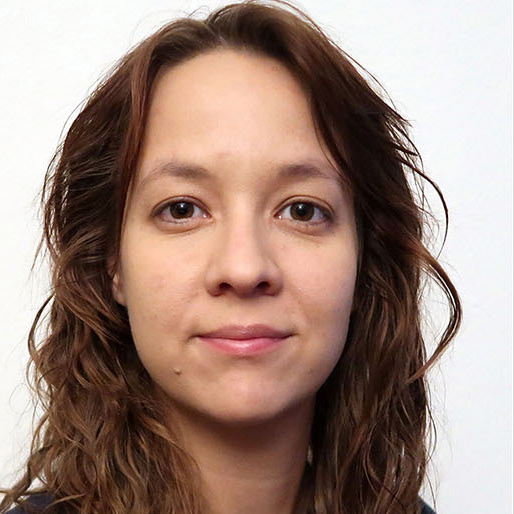 |
Dr. Szilvia Kalacska is a CNRS Researcher at Laboratoire Georges Friedel, Ecole des Mines in Saint-Étienne, France, since 2021. She completed her PhD as a Physicist at Eötvös Loránd University, Budapest, Hungary, where she studied the evolution of dislocation cells in deformed copper single crystals based on HR-EBSD measurements. In 2018, she moved to Thun, Switzerland, to work at the Swiss Federal Laboratories for Materials Science and Technology (Empa) as a postdoctoral fellow. There, she focused on developing the 3D FIB-assisted HR-EBSD technique, and she performed in situ micromechanical experiments. Today, she is working on in situ micromechanics in extreme conditions (at high strain rates, high/low temperatures, and in the presence of hydrogen), while she continues to develop the in situ HR-EBSD method, investigating microstructure evolution during deformation at the microscale.
|





